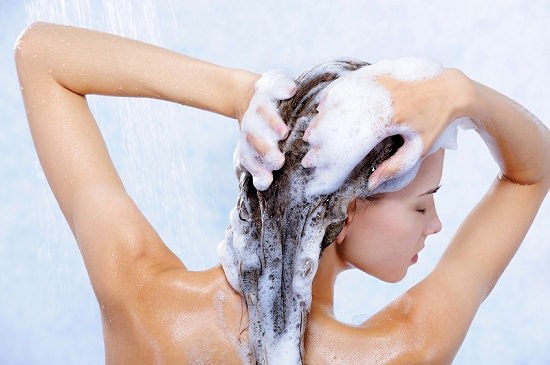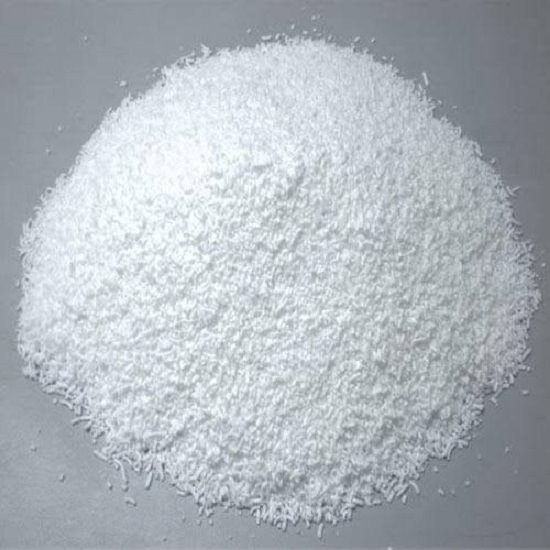Is sodium coco-sulfate a natural, better alternative, or is it as toxic for your hair and skin as SLS? Let’s learn is sodium coco sulfate bad for hair and some tips for healthy hair practices.

What is Sodium Coco-Sulfate
Sodium coco sulfate (SCS) is a surfactant that helps clean your scalp and hair effectively. In other words, used above a minimum concentration, the component creates a structure that entraps the pollutants and dirt in one place, which helps clean and rinse them away easily. Contrary to claims, the coconut alternative is another synthetic detergent that helps create extra lather and foam, which can strip your hair of their natural shine and bounce.Are Sodium Coco-Sulfate (SCS) and Sodium Lauryl Sulfate (SLS) the same?
Sodium lauryl sulfate (SLS), is a common ingredient present in several shampoos and body washes and is harmful to hair and skin. SLS uses petroleum in its manufacturing process, whereas sodium coco sulfate uses coconuts as a base component. However, SLS can be made with coconuts and palm oil as well. So, even though the word ‘coco’ makes SCS sound natural, the end result in the final product is not a natural surfactant. Sodium coco sulfate added as an end product to shampoos contains nearly fifty percentile of SLS.Process of Making SLS and SCS

Sodium Lauryl Sulfate
Surfactants have fatty acids in them. SLS has fatty acids of petroleum, coconut oil or palm oil, and SCS, fatty acids of coconuts. Sodium lauryl sulfate (with coconut oil) is made by a process that begins with isolating lauric acid (a fatty acid) from coconut oil. After that, the process of hydrogenation converts this lauric acid into lauryl alcohol. Lauryl alcohol is then reacted with sulphuric acid, which converts it into lauryl sulfate. Finally, lauryl sulfate is neutralized with sodium carbonate to make sodium lauryl sulfate.Sodium Coco-Sulfate
The process of making SCS is almost the same as that of SLS. However, instead of isolating lauric acid from the oil, sodium coco sulfate blends more fatty acids in coconut oil in the first step of the method. So, SCS is the trade name given to a blend of fatty acid sulfates including, sodium lauryl sulfate, sodium caprylic sulfate, sulfate, sodium stearyl sulfate, and sodium oleic sulfate. The shorter name makes the SCS sound more natural than it is.Is Sodium Coco-Sulfate Bad for Hair
The effects of sodium lauryl sulfate and sodium coco sulfate on the hair are almost similar. The high cleansing performance of both SLS and SCS products can strip the hair of natural oils required to maintain healthy hair. Over some time, hair follicles become weak and brittle, and the hair’s overall appearance becomes dry and dull. Prolonged use of SCS shampoos can also strip color from your colored and treated hair. Therefore, it is better to use sulfate-free shampoos for colored hair. Choosing and finding the right product based on disguised ingredients can be daunting. Hence, we have tried to decode the secret behind SCS products for you here with a few parting tips. Extra foam does not promise good cleaning. Also, even as sulfate products are cheaper to make, high price-points do not mark the absence of sulfates in the product. Therefore, you must read the ingredient list properly.Other Practices You Should Follow for Healthy Hair

- You should only shampoo your hair when needed or required. Contrary to general belief, you don’t need to wash your hair every day, as the process strips natural oils from your hair.
- It would be best if you use shampoo tailored as per your hair requirements. For example, people with thin and fine hair should not use shampoos with extra conditioners as it leads to further thinning of hair. Also, people with dry, frizzy hair should use creamier shampoos.
- Conditioners are a must after every shampoo as it provides required nourishment to your hair. However, make sure you condition your hair without conditioning the roots.
- Minimize the use of heated tools such as hair dryers, curling rods, flat irons, etc
- Finally, try and find sulfate-free shampoos for use. It takes some time to adjust to natural or sulfate-free alternatives in shampoos. However, they are better for your hair.
